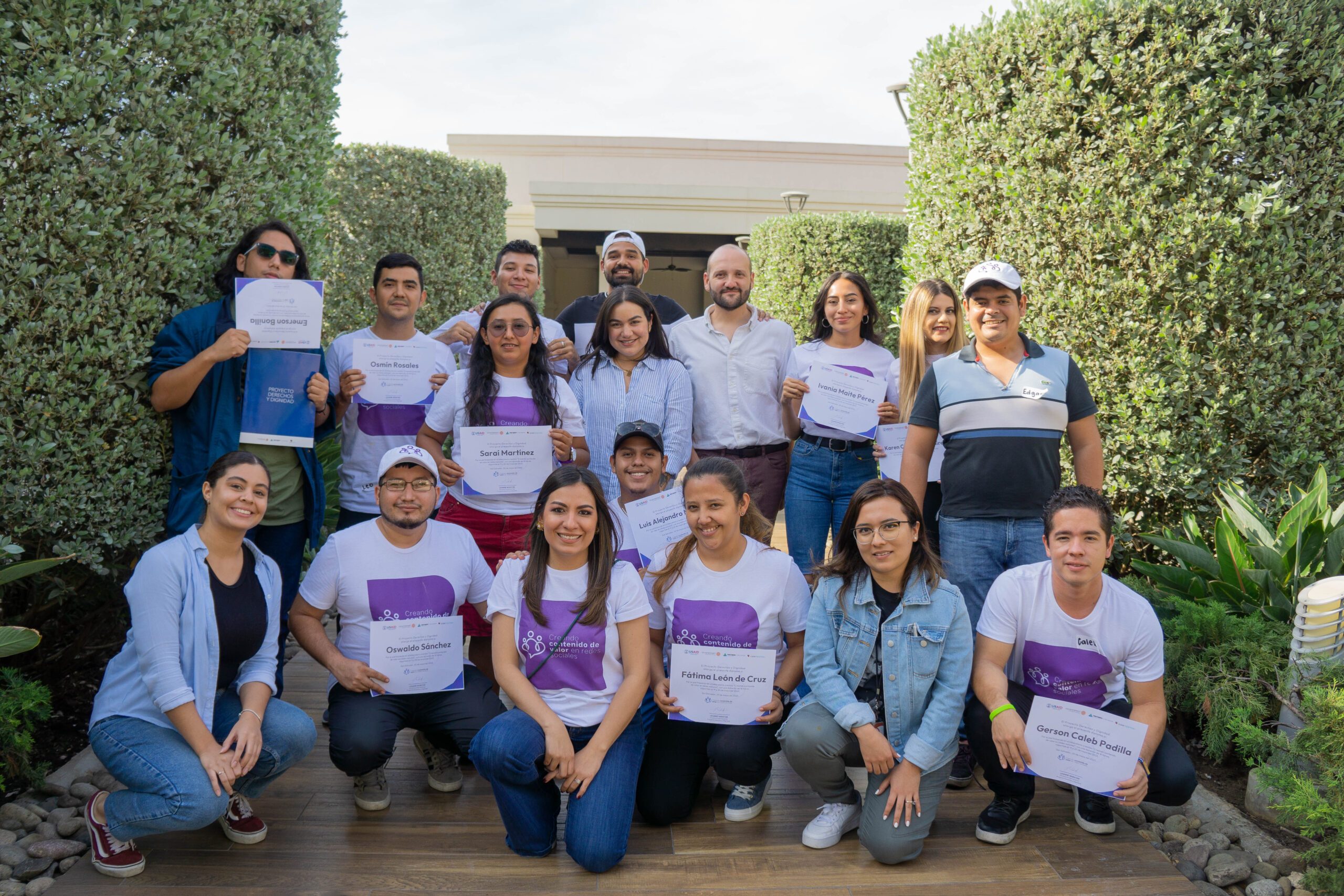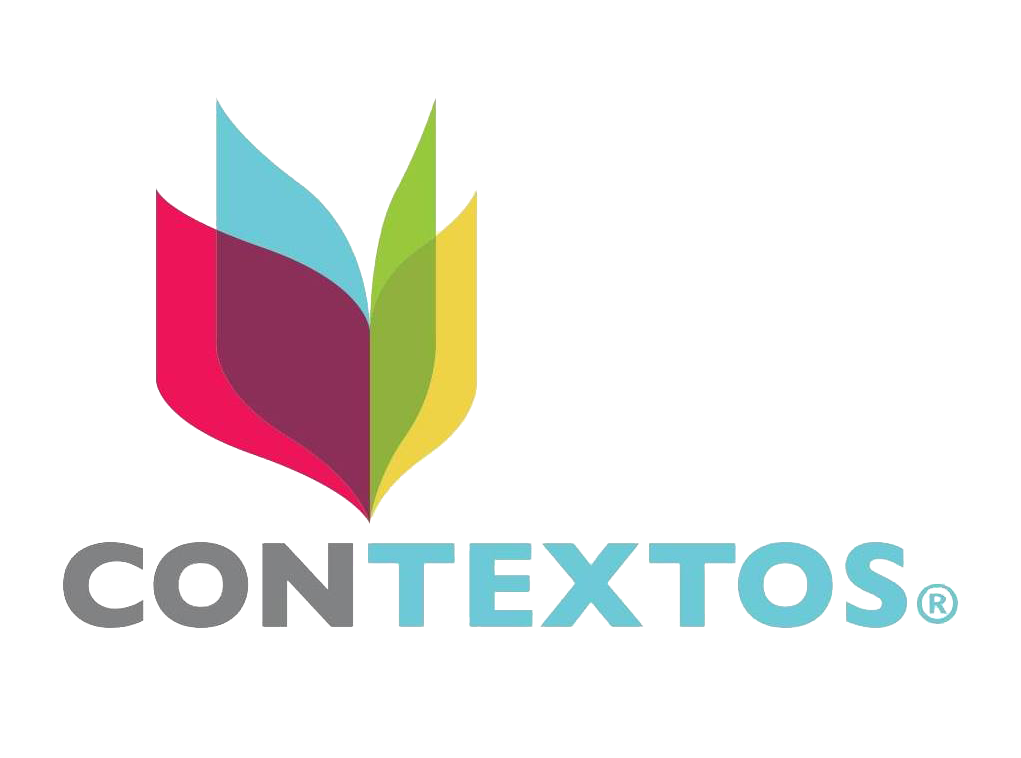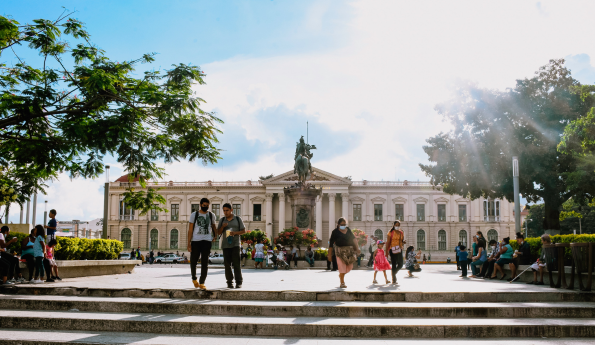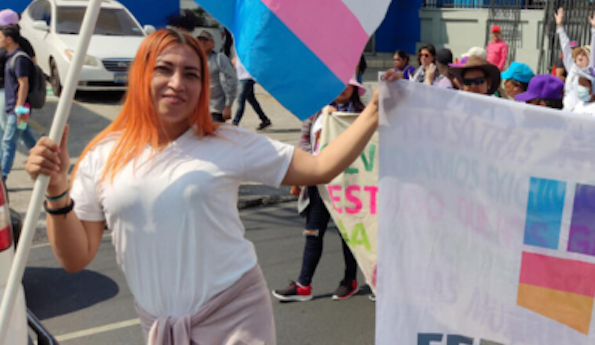Rights and Dignity
Closing civic space puts Salvadoran human rights at risk
Since the end of its civil war in 1992, El Salvador has worked to establish and maintain systems that protect and promote the human rights of its citizens. While the country has made encouraging progress, such as the establishment of a Human Rights Ombudsman’s Office and the invalidation of an amnesty law intended to protect those who committed atrocities during the war, significant challenges remain. In fact, over the last several years, El Salvador has experienced a serious degradation to the rule of law and the independence of democratic institutions. Political checks and balances have been visibly under attack and closing civic space has only further restricted civil and political rights. In this deteriorating political environment, civil society organizations and their attempts to protect civil liberties and human rights are openly demeaned as the opposition who favors criminals. As El Salvador adjusts to this increasingly complicated context, among shifting international relations and a slow recovery from the COVID-19 pandemic; the Rights and Dignity team is working to ensure that civil society and key governmental partners have the tools, capacity, and skills to promote and advocate for human rights in the country.

Participants attending the workshop Creating Valuable Content on Social Networks in May 2023.
Strengthening civil society to achieve a more just El Salvador
Despite these challenges, El Salvador has an engaged civil society willing to promote human rights and tackle problems of discrimination, and the project maintains strong relations with key governmental actors committed to strengthening human rights protection systems to achieve a more equitable, just, and tolerant El Salvador. In pursuit of this goal, the project enhances El Salvador’s human rights systems with an emphasis on public security and anti-discrimination through three objectives:
- Increase effectiveness of human rights organizations and defenders to advocate for human rights and democracy in El Salvador
- Increase the ability of selected key independent institutions to protect human rights in El Salvador
- Increase citizen awareness of human rights and democratic practices to prevent human rights abuses and discrimination
To realize these objectives, the project is focusing its efforts on populations in situations of vulnerability, including women, youth, the LGBTIQ+ community, people with disabilities, and journalists and human rights defenders.
A strengthened human rights system improves the lives of vulnerable populations
The Rights and Dignity Project design and implementation have focused on addressing structural deficiencies resulting in a lack of respect for human rights of targeted populations, particularly within the justice and security sectors. Ultimately, greater respect for human rights and reduced impunity for abuses will contribute to reduced motivation for irregular migration. The project promotes a strengthened human rights system through various efforts, including working to:
- Strengthen the rights to life, integrity, freedom, and a life free of discrimination and violence in the public security and justice sectors by:
-
- Developing a Collaborative Roadmap for Inclusion and Human Rights that captures priority action items to improve the human rights situation for vulnerable populations, awarding grants to human rights organizations to implement the Collaborative Roadmap action items, and pursue advocacy activities related to effective policing, prison reform, and access to justice
- Supporting governmental partners such as the Human Rights Ombudsman’s Office and the Public Defender’s Office by helping increase their capacity for state action in defending human rights. This includes supporting the creation of technical manuals, trainings, and educational support to bolster the quality of services provided to victims; support for operational functions through the provision of equipment and expert services; and technical support for the creation of a specialized Victim’s Unit. A total of 122 officers improved their capacity to respond to citizen reports of human rights violations and provide quality services to vulnerable populations in 2022.
- Providing specialized training for human rights organizations and independent media to increase physical, personal, and data security measures amid a threatening environment for those advocates for human rights, as well as to develop their communications skills to improve their advocacy impact
-
- Guarantee access to information and data on human rights in El Salvador by:
-
- Creating a national human rights observatory to collect, produce, and disseminate information and data related to human rights in El Salvador and serve as a resource for advocates
-
- Promote public policies and good practices to address discrimination against prioritized populations through:
-
- Building the capacities of human rights organizations to engage and participate in regional and international human rights systems, not only enhancing their abilities but also increasing global awareness and understanding of the state of human rights in El Salvador
- Providing capacity building and technical assistance to security sector entities, building their understanding of, and capacities to adhere to, international human rights standards
- Targeted assistance for youth who face significant stigmatization through educational and developmental interventions that bring a human rights perspective into classrooms and provide a social reintegration process
-









